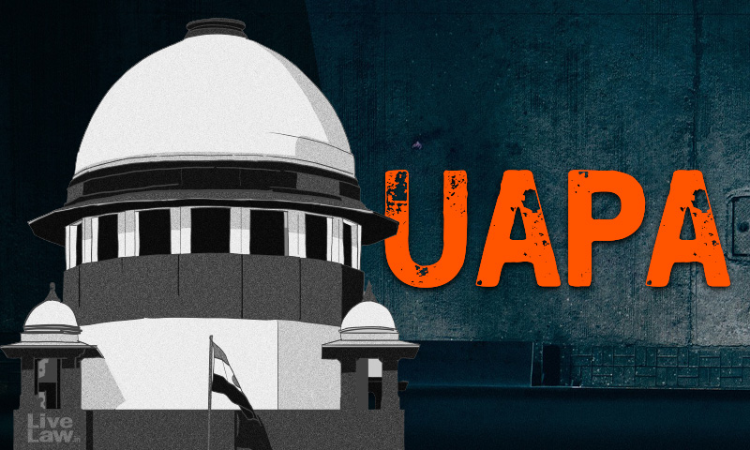UAPA - 'Watali' Precedent Won't Apply If Evidence Is Of Low Probative Value On Surface Level Analysis : Supreme Court
Awstika Das
5 Aug 2023 4:55 PM IST

"Graver the offence, the greater should be the care taken to see that the offence would fall within the four corners of the Act", Court said.
Next Story


